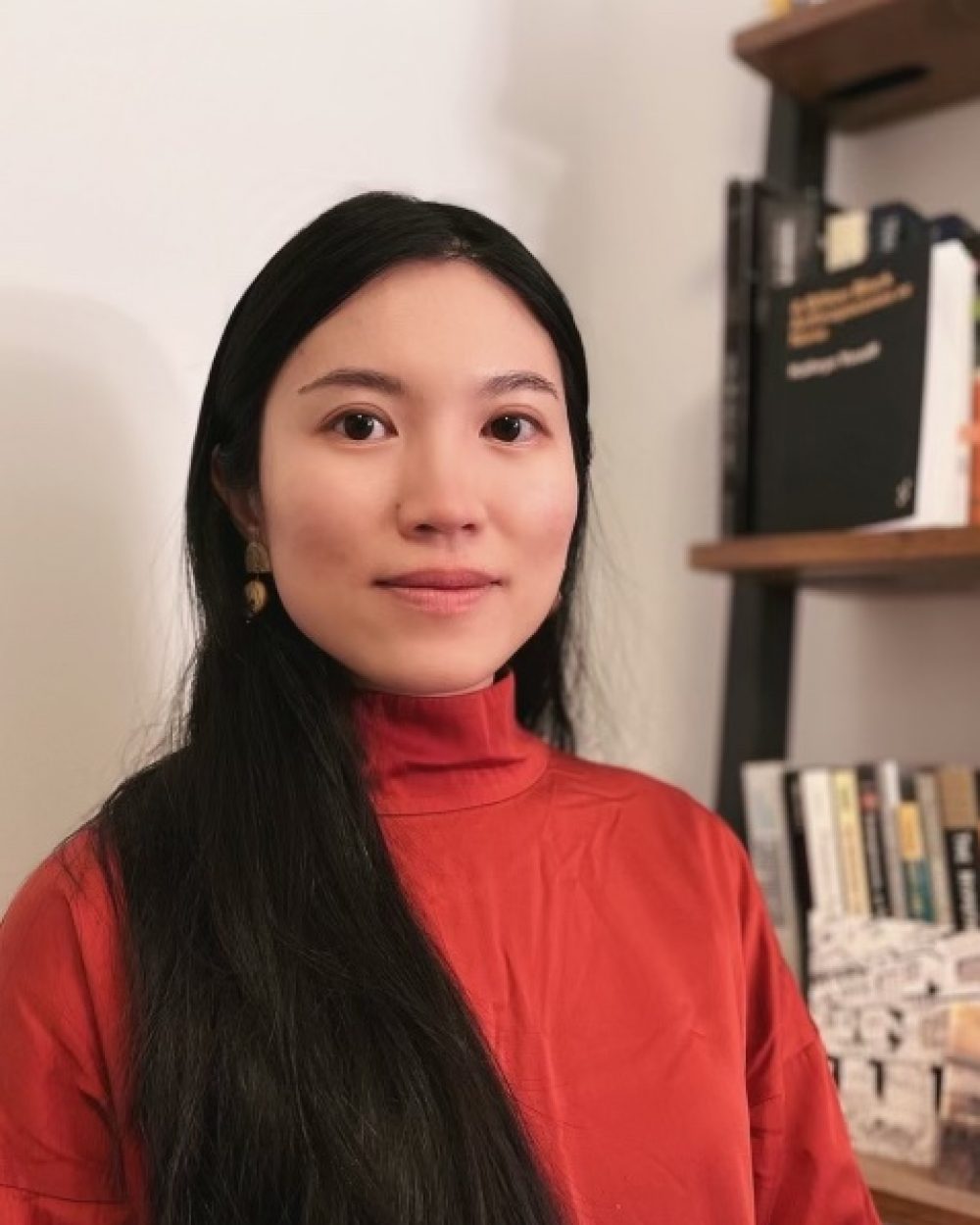Happy Lunar New Year from the USC US-China Institute!
Archiving TAZARA: Racial Politics and Infrastructural Imaginaries of Global China
Dr. Huang discusses the TAZARA Railway, a Cold War-era symbol of China-Africa friendship. She explores racial discourses in its history, and further expands on the significance of the TAZARA railway.
When:
January 17, 2024 5:00pm
PST

January 17, 2023, 5-6:30 pm
Doheny Memorial Library (DML) 240
University of Southern California
We cordially invite you to join us for "Archiving TAZARA: Racial Politics and Infrastructural Imaginaries of Global China," a research talk by Dr. Kun Huang, USC Society of Fellows Postdoctoral Fellow in Comparative Literature. Snacks and light refreshments will be served.
Dr. Huang's talk examines the Chinese infrastructural imaginaries that anchor the TAZARA Railway as a fantastic object of China-Africa friendship. Built in newly independent Tanzania and Zambia at the height of the Cold War (1970-1975), the Chinese-sponsored “freedom railway” was tasked with materializing an alternative vision of development aid distinct from colonial and liberal paradigms.
Asking what kinds of racial specters haunt the archiving impulse of global China, and how thinking through the “unthought” of China-Africa race-making invite new visions of South-South decoloniality, Dr. Huang identifies the racial discourses that trouble this utopic origin story. Reading across historical, literary, and visual accounts of TAZARA construction, she uncovers a Sinocentric aesthetics of sacrifice that reproduces spatial-temporal modes of African underdevelopment. As TAZARA’s transmedial afterlives continue to generate symbolic capital in the Belt-and-Road era, this talk calls for an expansive critique of the entangled genealogies of anti-Blackness, infrastructural brutalism, and Cold War Afro-Asia.

Kun Huang is a postdoctoral fellow at the Society of Fellows in the Humanities and the Department of Comparative Literature at the University of Southern California. Her research lies at the intersection of comparative race theory, global Blackness, and Chinese and Sinophone cultures. She is working on a book manuscript that examines the racial discourse of Blackness in modern China. She has published on Cold War Afro-Asian literary exchanges, diasporic anti-racist activism, and gendered anti-Blackness in contemporary China. She is also a translator of Toni Morrison’s and Saidiya Hartman’s creative works and critical essays.
Featured Articles
January 4, 2024
We note the passing of many prominent individuals who played some role in U.S.-China affairs, whether in politics, economics or in helping people in one place understand the other.
Events
Thursday, March 21, 2024 - 4:00pm PST
Ying Zhu looks at new developments for Chinese and global streaming services.
Tuesday, March 19, 2024 - 4:00pm
David Zweig examines China's talent recruitment efforts, particularly towards those scientists and engineers who left China for further study. U.S. universities, labs and companies have long brought in talent from China. Are such people still welcome?






